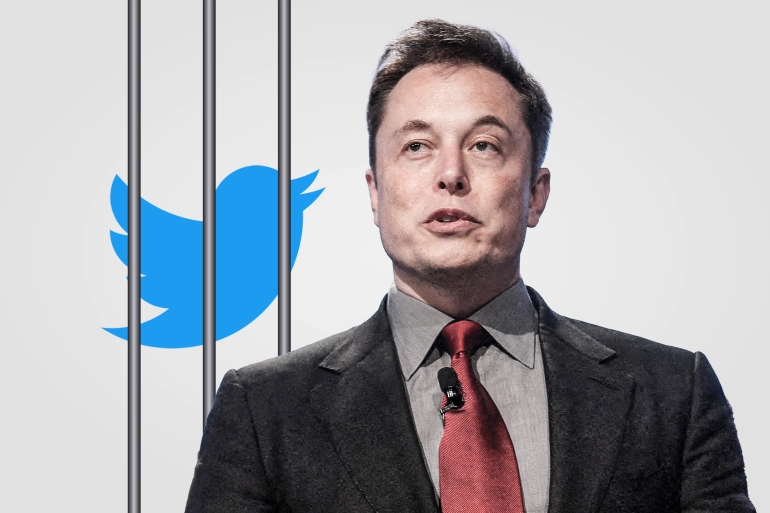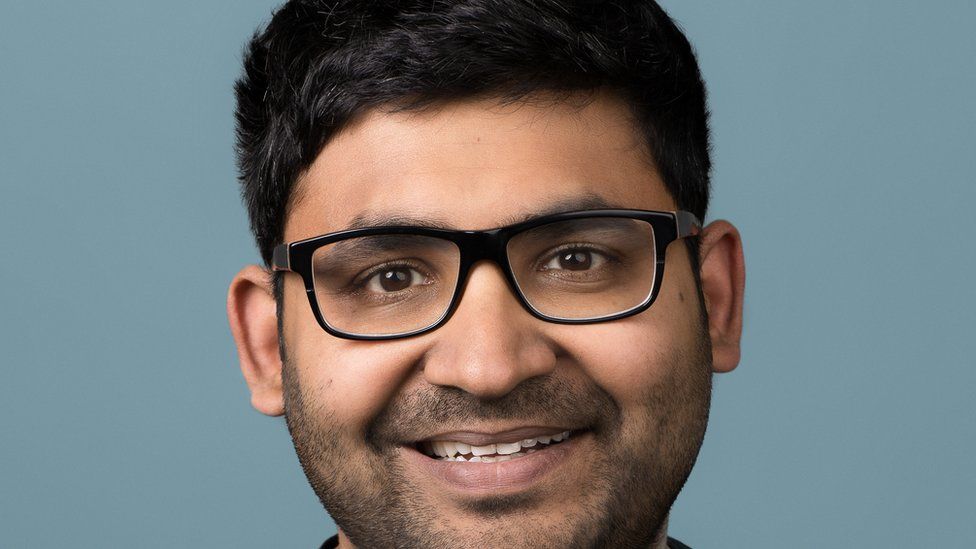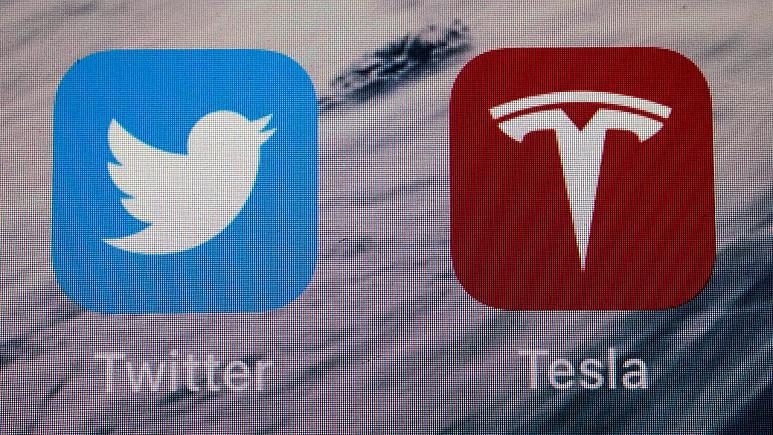
The board of Twitter has agreed to a $44bn (£34.5bn) takeover offer from the billionaire Elon Musk.
🚀💫♥️ Yesss!!! ♥️💫🚀 pic.twitter.com/0T9HzUHuh6
— Elon Musk (@elonmusk) April 25, 2022
Mr Musk, who made the shock bid less than two weeks ago, said Twitter had « tremendous potential » that he would unlock.
I hope that even my worst critics remain on Twitter, because that is what free speech means
— Elon Musk (@elonmusk) April 25, 2022
He also called for a series of changes from relaxing its content restrictions to eradicating fake accounts.
The firm initially rebuffed Mr Musk’s bid, but it will now ask shareholders to vote to approve the deal.
Mr Musk is the world’s richest person, according to Forbes magazine, with an estimated net worth of $273.6bn mostly due to his shareholding in electric vehicle maker Tesla which he runs. He also leads the aerospace firm SpaceX.
« Free speech is the bedrock of a functioning democracy, and Twitter is the digital town square where matters vital to the future of humanity are debated, » Mr Musk said in a statement announcing the deal.
« I also want to make Twitter better than ever by enhancing the product with new features, making the algorithms open source to increase trust, defeating the spam bots, and authenticating all humans, » he added.
« Twitter has tremendous potential – I look forward to working with the company and the community of users to unlock it. »
The move by Mr Musk comes as Twitter has struggled to stop the spread of misinformation on its platform. In one of its most high-profile moves, last year, it banned former US President Donald Trump, perhaps its most powerful user, citing the risk of « incitement of violence ».
While the takeover has been cheered by his followers, Mr Trump on Monday told Fox News he had no plans to re-join the platform and would instead stay on his own social network, Truth Social.
Mr Musk, who has more than 80 million followers on Twitter, has a controversial history on the platform himself.
In 2018, he clashed with the US financial markets regulator over his use of the platform to share sensitive information about his car company Tesla, resulting in him being banned from doing so and paying a $40m settlement.
And in 2019 he sparked a row after calling a diver « pedo guy » on the platform.
Vernon Unsworth, who had been involved in rescuing 12 Thai schoolboys trapped in cave, sought $190m in damages but eventually lost his defamation case to Mr Musk.
Mr Musk’s decision to take over the company comes as it faces growing pressure from politicians and regulators over the content that appears on its platform.
The White House declined to comment on the takeover but spokesperson Jen Psaki told reporters: « The president has long talked about his concerns about the power of social media platforms, including Twitter and others, to spread misinformation. »
On Twitter, MP Julian Knight, chair of the UK’s Digital, Culture, Media and Sport Committee, called the deal an « extraordinary development in the world of social media ».
« It will be interesting to see how a privately owned Twitter (run by a man who is an absolutist over free speech) will react to global moves to regulate. »
Can Musk turn Twitter around?
Mr Musk has said he doesn’t « care about the economics » of the purchase, however he will face pressure to improve the platform’s financial performance.
Despite its influence, Twitter has rarely turned a profit and user growth, particularly in the US, has slowed.
The company ended 2021 with $5bn in revenue and 217 million daily users globally – a fraction of the figures claimed by other platforms such as Facebook.
However Bret Taylor, chair of Twitter’s board, said it had fully assessed Mr Musk’s offer and it was « the best path forward for Twitter’s stockholders ».
Mr Musk has secured $25.5bn of financing for the deal and will take a $21bn stake in the business.
As part of the takeover, which is expected to close later this year, Twitter’s shares will be delisted and it will be taken private. Mr Musk has suggested this will give him freedom to make the changes he wants to the business.

It is not clear who will lead the new company. Twitter is currently led by Parag Agrawal, who took over from co-founder and former boss Jack Dorsey last November.
But in his offer document, Mr Musk told Twitter’s board: « I don’t have confidence in management. »
Mr Musk’s targeting of Twitter has moved at remarkable speed. It emerged at the beginning of April that Mr Musk had become the largest shareholder in the firm with a 9.2% stake.
He was then invited to join Twitter’s board but turned down the offer before launching a surprise bid for the company on 14 April, saying he wanted to « unlock » its potential as a bastion of freedom of speech.
Twitter responded by putting in place a so-called « poison pill » defence to fend off Mr Musk. The mechanism would have created difficulties for Mr Musk if he attempted to increase his stake in the company.
But Twitter’s stance shifted after Mr Musk revealed more financial details about his proposed bid.

World Opinions – Agencies




 World Opinions Débats De Société, Questions, Opinions et Tribunes.. La Voix Des Sans-Voix | Alternative Média
World Opinions Débats De Société, Questions, Opinions et Tribunes.. La Voix Des Sans-Voix | Alternative Média




